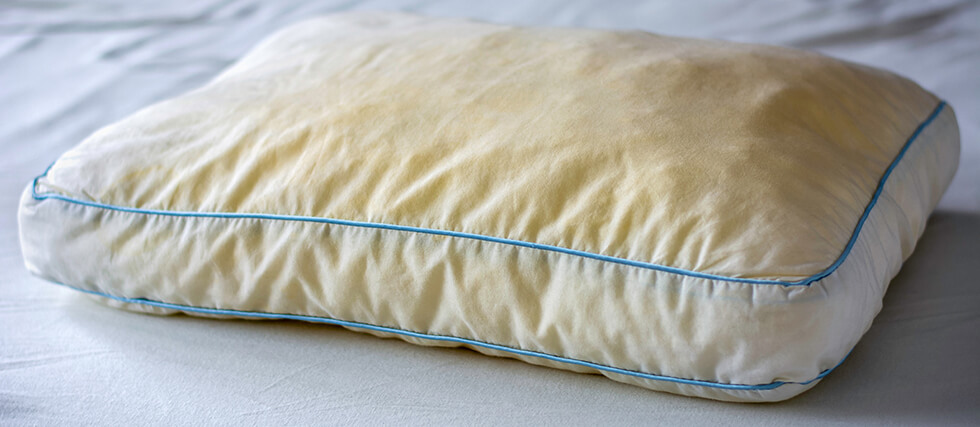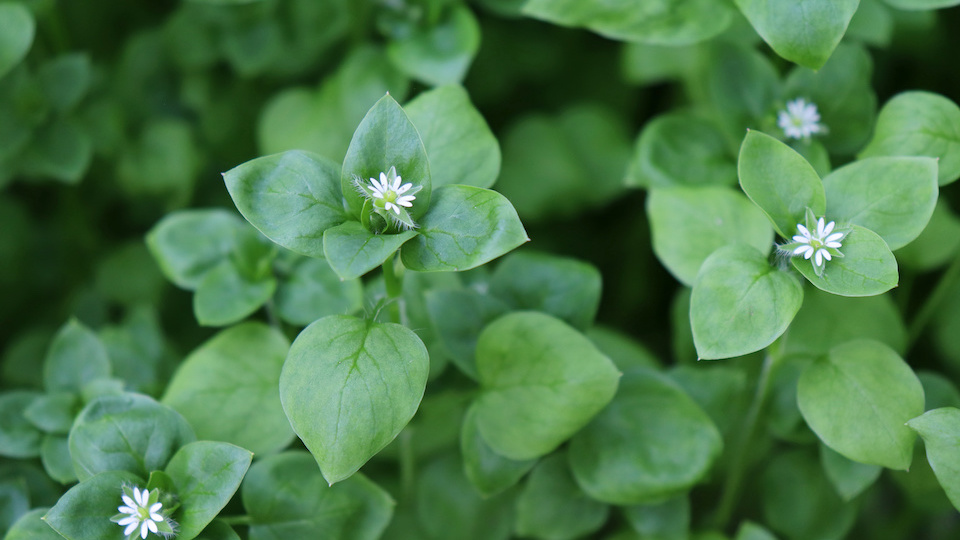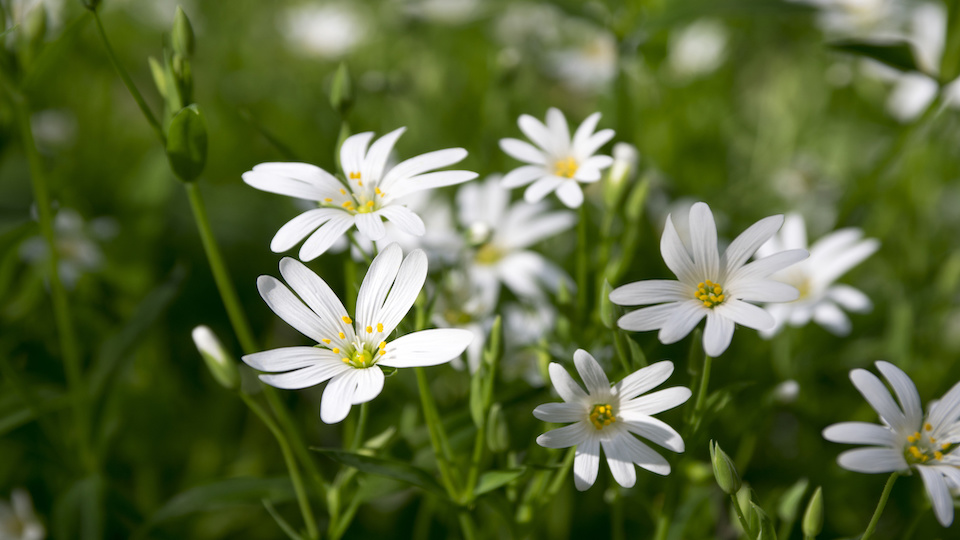The Dirty Truth About Your Old Pillow
Over time, your once-fluffy pillow loses its shape and support, which can negatively impact your sleep and overall health. According to Dr. Rohrscheib, “A flattened or unsupportive pillow can cause your airway to become partially blocked during sleep.” This may lead to more frequent snoring and can even worsen symptoms of obstructive sleep apnea (OSA), a condition that already disrupts breathing during sleep. If you’ve noticed you’re waking up more tired or snoring louder than usual, your pillow might be the hidden culprit.
Beyond sleep disturbances, your old pillow could also be harming your skin. As it ages, it collects oil, dirt, sweat, dead skin cells, and bacteria—especially if it hasn’t been washed or replaced regularly. Essentially, your pillow becomes a breeding ground for things that don’t belong near your face. No matter how diligent you are with your skincare routine, sleeping on a dirty pillow can undo your hard work, potentially leading to clogged pores, irritation, and persistent breakouts.
So if you’re investing in high-quality skincare but still not seeing the glowing results you expect, it might be time to take a closer look at where you’re laying your head each night. Experts recommend replacing your pillow every 1 to 2 years, and washing your pillowcases weekly, to maintain both better sleep quality and clearer skin. A simple pillow upgrade could go a long way in supporting your health—both inside and out.





